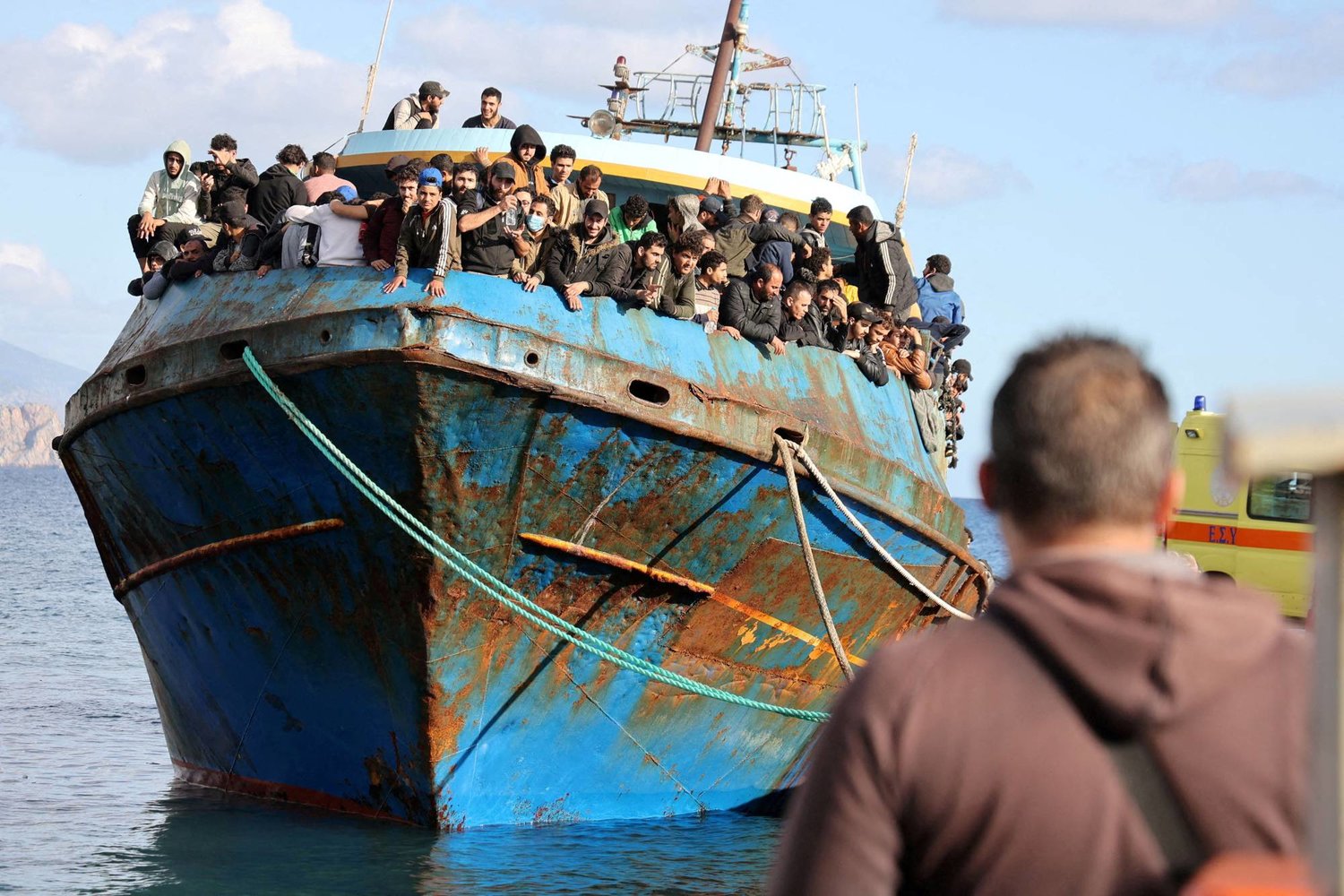Mansoor* is a 17-year-old boy from a small village in Upper Egypt. After finishing a technical diploma, he saw no promising employment opportunities and worked with his father on the farm. Seeing photos of his friends in Italy, he decided to seek travel in hopes of better opportunities abroad. He found someone who agreed to take him to Italy for a fee of EGP 100,000 (USD 3,236), with half of the amount to be paid before traveling and half upon arrival. His father sold part of his land to finance this trip. In Egypt — and particularly in the governorates of Sharqiya, Daqahliya, Qalioubiya, Menoufiya, Gharbiya, Beheira, Kafr Al-Sheikh, Fayoum, Assiut, Luxor, and Minya — there are millions of young men like Mansoor. According to the National Centre for Social and Criminological Research (NCSCR), these 11 governorates have the largest number of irregular migrants. Mansoor was not given any details about how he will travel or when. “I was taken on a minibus with a few others, and then into the desert in Salloum, then we stayed for weeks in Libya, and then finally got on a boat,” Mansoor tells…
A Persistent Phenomenon: What is the Egyptian Government Doing to Combat Irregular Migration?
October 30, 2023



